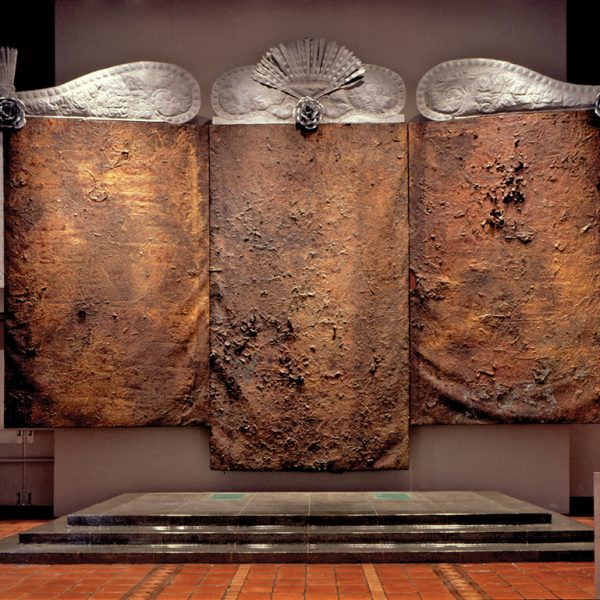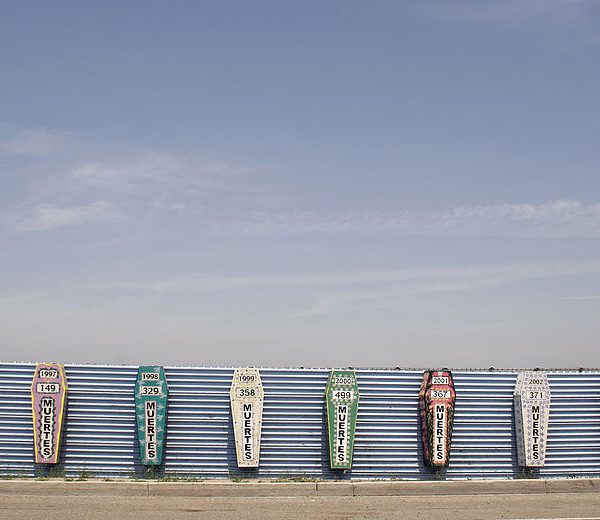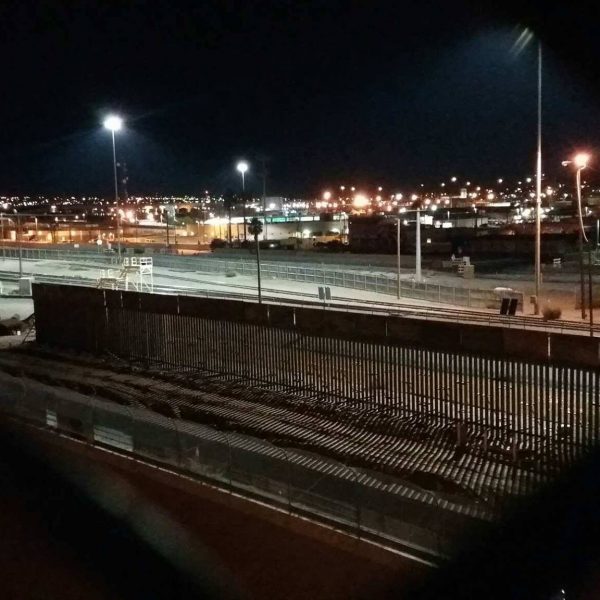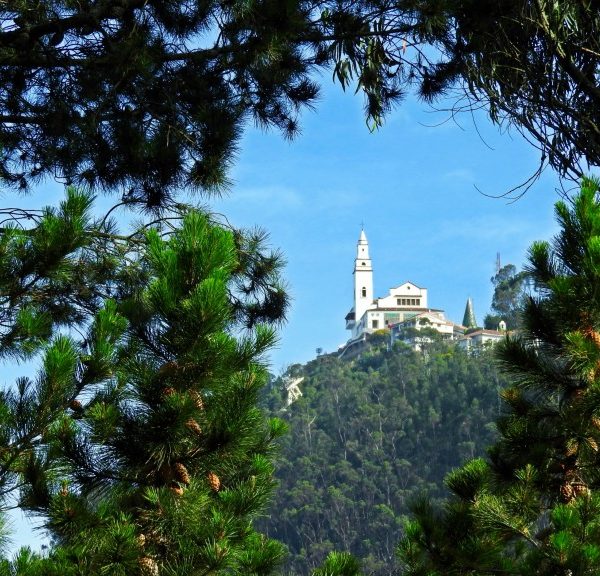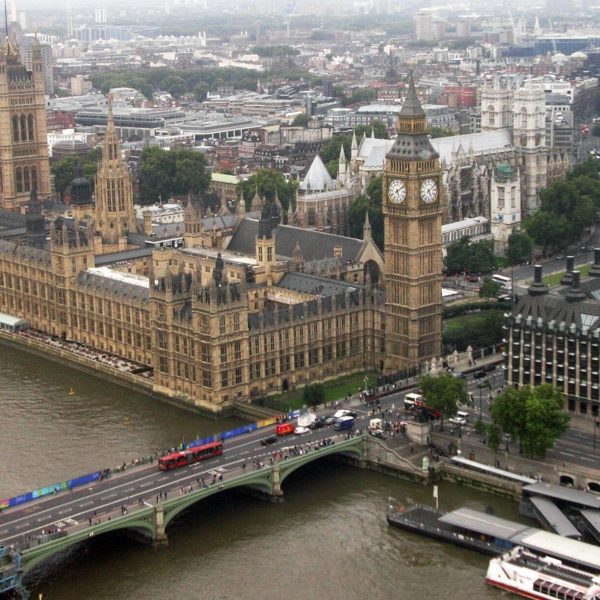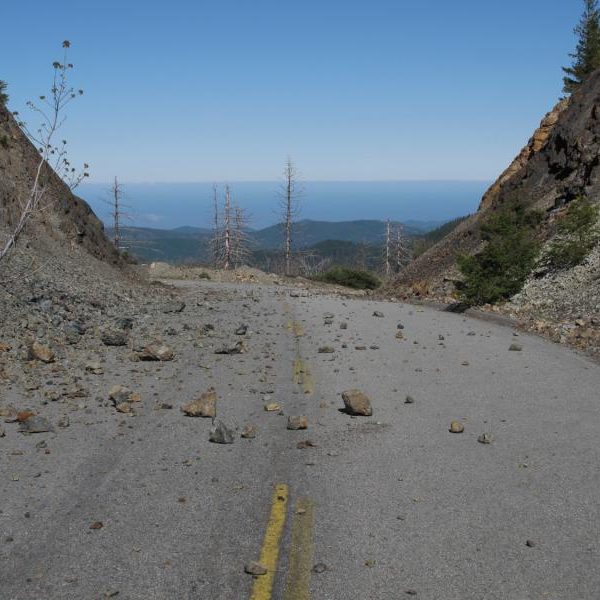
Neither the government nor the Court doubted the religiosity of the practice for which the Yurok, Karuk, and Tolowa nations sought protection. Yet, arguments about religious freedom obscured the true issues at stake and the need for sovereign freedom.
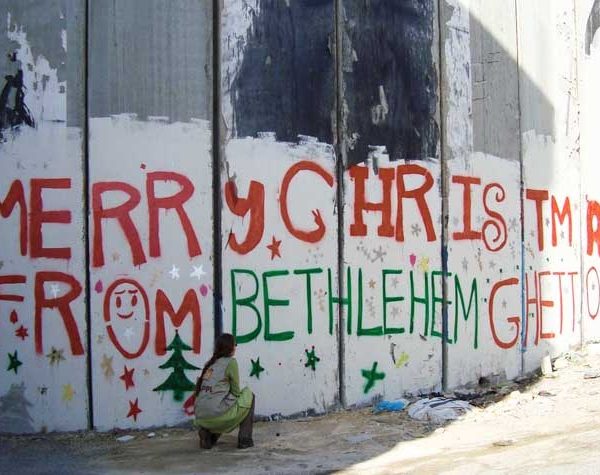
The wall at the US southern border and the wall in Israel are are material testaments to ethnic exclusion. Both walls are partially constructed. Both are resisted and ridiculed by public art.
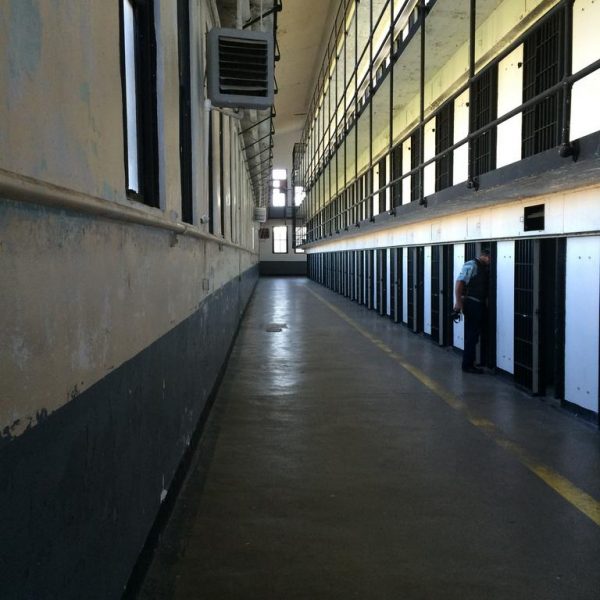
Life in God is defined by a joyous freedom of movement, a loving and adventurous invitation to the dance of the Spirit. The book of Acts is witness to those who accepted this invitation like Peter, moved to go to a Gentile centurion’s home, thus initiating a new ministry with global implications beyond his ken.
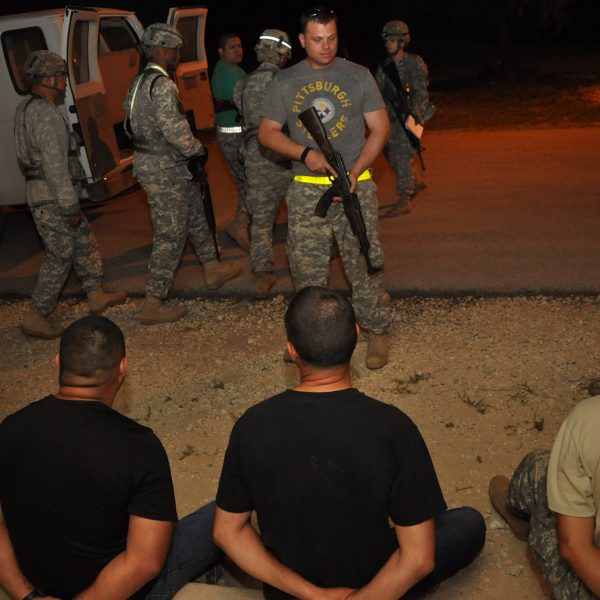
The social construction of the criminal other has long served as a justification for subjugation. Pope Francis has stated that the people of God can smell holiness, and perhaps there is also a greater need for the olfactory discernment of evil in our midst. Despite the risk of too literal an interpretation of this metaphor, deeper reflection is warranted of the ways in which evil must be resisted.
